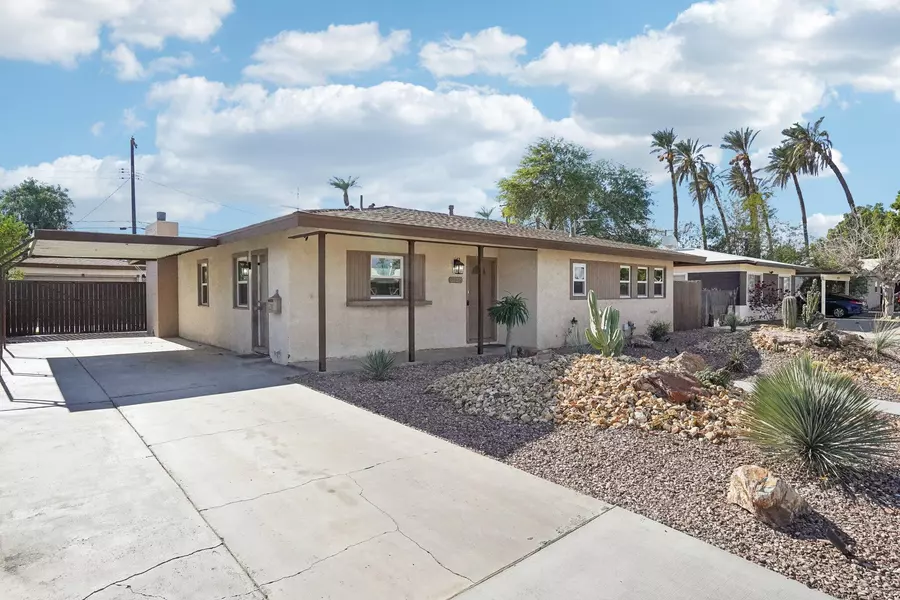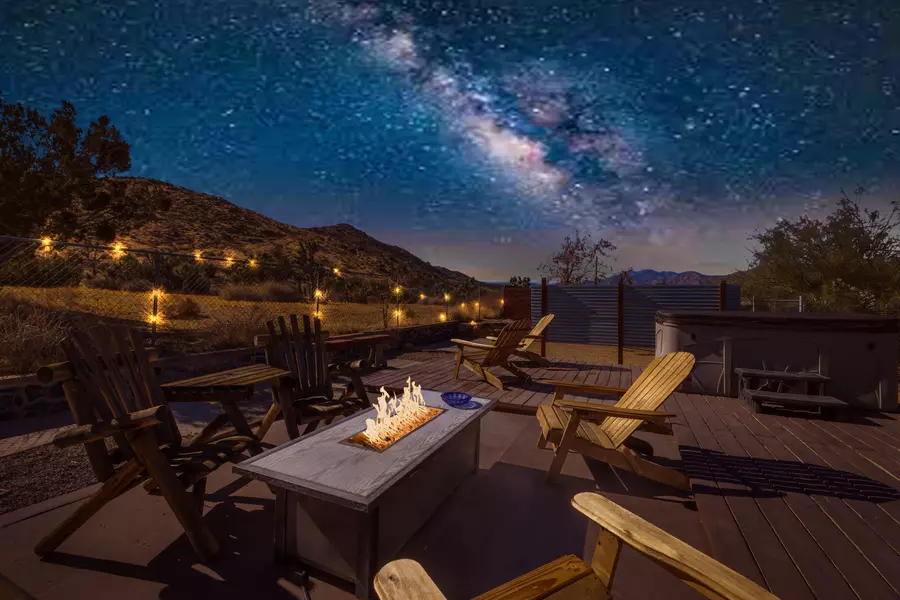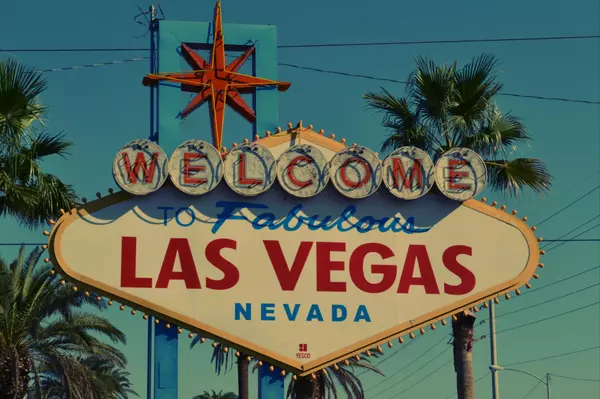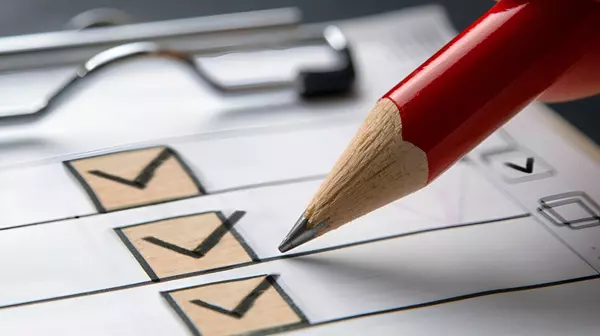Search Las Vegas Homes for Sale
Finding your dream home starts here.
- 3D
 Open Sat 1PM-4PM
Open Sat 1PM-4PM$1,149,000
2 Beds3 Baths1,912 SqFt4631 Alla RD #9, Marina Del Rey, CA 90292
Townhouse
Listed by Vivian Lesny of Realty One Group United

- 3D
 Open Sun 1PM-4PM
Open Sun 1PM-4PM$1,089,000
2 Beds2 Baths1,281 SqFt13200 Pacific #207, Playa Vista, CA 90094
Condo
Listed by Vivian Lesny of Realty One Group United

- 1/31 31
 Open Fri 1AM-3PM
Open Fri 1AM-3PM$499,000
3 Beds2 Baths1,590 SqFt82235 Sierra AVE, Indio, CA 92201
Single Family Home
Listed by eXp Realty Of Southern California Inc
- 1/76 76
 Open Wed 11AM-1PM
Open Wed 11AM-1PM$359,000
2 Beds2 Baths1,200 SqFt55991 Highland TRL, Yucca Valley, CA 92284
Single Family Home
Listed by eXp Realty Of Southern California Inc
- 1/24 24
 Open Sat 11AM-2PM
Open Sat 11AM-2PM$232,000
1 Bed1 Bath589 SqFt2860 N Los Felices RD #214, Palm Springs, CA 92262
Condo
Listed by KW Coachella Valley
WHAT'S YOUR HOME WORTH?
Find out the worth of your home and get the most accurate valuation.
RECENTLY SOLD
- 3D
 Open Sat 1PM-4PM
Open Sat 1PM-4PM$1,149,000
2 Beds3 Baths1,912 SqFt4631 Alla RD #9, Marina Del Rey, CA 90292
Townhouse
Listed by Vivian Lesny of Realty One Group United

- 3D
 Open Sun 1PM-4PM
Open Sun 1PM-4PM$1,089,000
2 Beds2 Baths1,281 SqFt13200 Pacific #207, Playa Vista, CA 90094
Condo
Listed by Vivian Lesny of Realty One Group United

- 1/77 77
 Open Sat 10AM-1PM
Open Sat 10AM-1PM$545,000
3 Beds2 Baths1,840 SqFt51088 Mecca RD, Morongo Valley, CA 92256
Single Family Home
Listed by RE/MAX Desert Properties
MY BLOGS

Have You Outgrown Your Home? Top 10 Signs It’s Time to Upsize in Las Vegas, Henderson, or Summerlin
Have You Outgrown Your Home? Top 10 Signs It’s Time to Upsize in Las Vegas, Henderson, or Summerlin
Are you a homeowner feeling a bit cramped in your current space? From growing families to shifting lifestyle needs, there are plenty of reasons why now might be the perfect time to upsize in the Las Vegas, Henderson, or Summerlin areas. Whether you’re dreaming of an extra bedroom, a dedicated office, or simply more breathing room, read on for ten clear signs that you’ve outgrown your home and tips on taking the next step. 1. Frequent Home Browsing Are you constantly looking at new listings, envisioning yourself in a different home? This could be a clear signal that you’re ready for something new. Start with a list of your needs and wants, and explore current listings to see what’s available. 2. Making Room for Aging Parents or Other Family Members When aging parents or other family members need to move in, accommodating them can be challenging in a smaller home. Upsizing can provide them with a dedicated suite or additional bedroom, ensuring everyone has the privacy and comfort they need. 3. Not Feeling “At Home” Anymore When the excitement of being in your current home fades, it may be time for an upgrade. Finding a new home that meets your current and future needs can rekindle that sense of excitement and satisfaction. 4. Need for More or Less Outdoor Space Perhaps your current backyard is too small for outdoor gatherings, or maybe you’re tired of extensive lawn maintenance. A larger home can mean better outdoor space options, allowing you to enjoy your yard in a way that suits your lifestyle. 5. Desire for a New Neighborhood Even if you love your home, you may feel the urge for a change in surroundings. Whether it’s a more family-oriented neighborhood in Henderson, a vibrant area in Summerlin, or a quieter spot in the Las Vegas Valley, upsizing can allow you to move to a community that better aligns with your current lifestyle. 6. Growing Kids Need Their Own Space As your children grow, so do their needs. Outgrowing shared bedrooms or bathrooms, especially if you have boys and girls of different ages, often leads to space constraints. A larger home can offer separate bedrooms, additional bathrooms, and more privacy—ideal for family harmony. 7. Major Life Changes Life events, such as a new job, a shift in finances, or a family expansion, often lead people to rethink their housing needs. Moving into a larger home may offer a fresh start and better support your current circumstances. 8. Storage Space is Scarce Is your storage closet overflowing, or are you constantly rearranging belongings to make everything fit? Limited storage space can make even the best home feel small. Upsizing can give you access to additional closets, a larger garage, or an attic, ensuring that you don’t have to sacrifice space for storage. 9. Need for Play and Hobby Spaces Beyond workspace, families often need extra room for hobbies, activities, and playtime. If your current home feels cramped, upgrading to a property with a bonus room, finished basement, or large garage could offer everyone in the household space for their hobbies and leisure activities. 10. Lack of Dedicated Workspace In today’s remote work environment, a dedicated office space is a must. If you’re struggling to make the kitchen counter work as your workspace, an upgrade could provide you with the home office or workspace your family needs for work, homework, and other activities. Is Now the Right Time to Upsize? Making the decision to upsize is a big step, but it can transform your quality of life. Las Vegas, Henderson, and Summerlin offer diverse housing options tailored to fit growing families, lifestyle changes, and space needs. Consult a local real estate expert to explore properties that fit your lifestyle and budget, and begin your journey to finding a home that feels right for you. For guidance and personalized support in the Las Vegas area, feel free to reach out. It’s time to discover a home that truly fits your life. Contact Joshua Shorter Today!📞 (702) 728-0089🌐https://lasvegashomehub.com/ 📧 soldbyshorter@gmail.com
MORE
Cost of Living in Las Vegas: A 2024 Guide
Cost of Living in Las Vegas: A 2024 Guide
Las Vegas has long been known for its glittering casinos, luxurious resorts, and 24/7 entertainment. But for those moving here, it's essential to consider the cost of living beyond the bright lights of the Strip. Here’s a comprehensive breakdown of typical expenses for those living in Las Vegas, including housing, utilities, groceries, transportation, healthcare, and more. 1. Housing Costs Housing is often the biggest expense in any city, and Las Vegas is no exception. Due to its growing population, diverse job opportunities, and an influx of out-of-state buyers, real estate in Las Vegas has experienced steady price increases. Median Home Price: As of 2024, the median home price in Las Vegas is approximately $430,000. Although this is higher than the national average (around $400,000), it’s relatively affordable compared to nearby California markets like Los Angeles or San Francisco, where median prices exceed $800,000. Average Monthly Rent: For those renting, prices vary by neighborhood and apartment size: 1-bedroom apartment in the city center: ~$1,400/month 1-bedroom apartment outside the city center: ~$1,200/month 2-bedroom apartment in the city center: ~$1,750/month 2-bedroom apartment outside the city center: ~$1,500/month 2. Utilities Utilities in Las Vegas can be relatively high due to the extreme summer heat, which leads to high air conditioning usage. Electricity: On average, electricity bills in Las Vegas range between $120 and $180 per month. During peak summer months, air conditioning costs can push electricity bills up to $250 or more for larger homes. Water, Trash, and Sewer: Combined, these typically add about $70-$90 per month, depending on household size and water usage. Internet and Cable: The cost for internet averages around $60-$70/month for high-speed connections. Cable TV packages vary, but a mid-range package typically costs around $85/month. Total Monthly Utility Cost: For a typical household, utilities (electricity, water, and internet) will generally range from $220 to $330 per month. 3. Groceries and Dining The cost of groceries in Las Vegas is close to the national average, though dining out may be more affordable compared to major metropolitan cities. Groceries: For a single person, groceries typically cost between $250 and $350 per month. A family of four might expect to spend around $600 to $800 monthly on groceries, with costs fluctuating depending on dietary preferences and shopping habits. Dining Out: Dining out in Las Vegas can be affordable or upscale. Here’s what to expect: Fast food combo meal: $10-$12 Mid-range restaurant (for two): $50-$70 High-end dining (per person): $100+ 4. Transportation With a relatively limited public transit system, many residents rely on personal vehicles for transportation. Gasoline: As of 2024, gas prices in Las Vegas hover around $4.30 per gallon, though prices can fluctuate. Public Transportation: The Regional Transportation Commission (RTC) operates a public bus system, with fares costing $2 per ride or $65 for a monthly pass. However, many residents find the service limited compared to larger cities. Vehicle Costs: Car insurance in Las Vegas is higher than the national average, partly due to high traffic accident rates. On average, car insurance costs around $150 to $250 per month, depending on the driver’s profile. Total Monthly Transportation Cost: With insurance, gas, and other costs, a typical resident can expect to spend around $250-$400 monthly on transportation. 5. Healthcare Healthcare costs vary by individual and plan. Here’s an overview of typical healthcare expenses in Las Vegas: Doctor’s Visit: A standard visit to a general practitioner costs around $130 without insurance. Health Insurance: The average monthly premium for an individual in Nevada is around $450, while family plans average closer to $1,150. Those with employer-provided plans might pay less, while plans purchased through the marketplace vary widely based on coverage level. Prescription Medications: Prices vary widely, but the average monthly cost of prescription drugs in Nevada is around $90 for those requiring regular medication. Total Monthly Healthcare Cost: For a single person, expect healthcare costs (insurance + out-of-pocket) around $450 to $550 monthly. 6. Taxes Nevada is one of the few states with no state income tax, which makes it attractive to many residents. However, the state makes up for this with relatively high sales taxes and other fees. Sales Tax: In Clark County (Las Vegas), the combined state and local sales tax rate is currently 8.38%. Property Tax: Property taxes in Nevada are comparatively low, with Clark County’s effective rate around 0.53% of assessed home value, resulting in an annual tax of approximately $2,280 for a home valued at $430,000. 7. Entertainment and Recreation Las Vegas offers an abundance of entertainment options, from casinos and concerts to national parks and family-friendly activities. Movies: Tickets are around $12 to $15 for regular screenings. Gyms: Monthly gym memberships average between $30 and $60, with premium gyms costing $100 or more. Local Attractions: There are plenty of free or affordable entertainment options, including hiking in Red Rock Canyon or exploring the arts district. Total Monthly Entertainment Cost: Depending on lifestyle, a typical Las Vegas resident might spend between $100 and $300 on entertainment monthly. 8. Education If you’re a parent, education expenses can also be a consideration. Public Schooling: Public schools in Las Vegas are free, though there may be costs for supplies, extracurriculars, or uniforms. Private Schooling: Private school tuition ranges from $6,000 to $15,000 annually per child, depending on the school and grade level. Higher Education: The University of Nevada, Las Vegas (UNLV) is a prominent institution, with in-state undergraduate tuition around $9,000 annually. Summary of Monthly Costs for a Single Person Category Monthly Cost Housing (Rent) $1,400 Utilities $220 Groceries $300 Transportation $300 Healthcare $500 Entertainment $150 Total $2,870 Is Las Vegas Affordable? With a relatively high median home price and rising rental costs, living in Las Vegas is no longer as affordable as it once was. However, the absence of a state income tax, combined with a lower cost of living compared to California, continues to make it an attractive option for newcomers. Careful budgeting can help residents take full advantage of the perks of Las Vegas living without breaking the bank.
MORE
Closing Checklist for Home Sellers
Closing Checklist for Home Sellers
Selling your home involves many steps, and closing is one of the most crucial. It's the moment when you legally transfer ownership to the buyer. To stay organized and ensure nothing is forgotten, creating and using checklists for each step can be immensely helpful. Here's a checklist to guide you through the closing process. Prepare Your Home As you get ready to sell your home, gather items the new homeowner will need, such as: Owners' manuals for appliances Warranty information Garage door openers Extra keys Leave these items on the counter where the new owners can easily find them. Additionally, give your home one final cleaning and check all drawers, closet shelves, and other storage areas to ensure you haven't left anything behind. Once you leave the closing, the home is no longer yours, so make sure everything you intend to keep is out. Before you go, shut off the water valves to sinks, toilets, the water heater, and appliances to prevent accidental flooding. Inform the buyer about this so they don’t mistakenly call a plumber. Finally, lock up the house securely on your way out. Gather Your Documents To ensure a smooth closing process, stay organized and have all necessary documents ready, including: Photo ID for all sellers One set of keys to the home Security codes (if applicable) Documentation of any contractually-required repairs The deed to your house (if you own it outright) If you owe money, bring a cashier’s check to the closing or wire the amount to the escrow account. If money is owed to you, you will receive a check or have the funds wired to your account before you leave. Understand Your Agreement During closing, you will review the contract and other paperwork related to the sale of your home. Pay close attention to: Your remaining mortgage balance Realtor commissions Any outstanding bills (property taxes, utilities, HOA fees, homeowners insurance, etc.) Escrow and/or attorney fees Title fees Don't hesitate to ask questions if anything is unclear or doesn’t sound right. Cancel Your Insurance and Utilities Once closing is complete, immediately contact your utility company and homeowner's insurance provider to cancel these services. Make sure the cancellations are timed so the home is covered until the moment it’s no longer yours. File Your Paperwork The final step is to file all closing documents in a safe place. Consider scanning digital copies to store in the cloud and keeping the original paperwork in a filing cabinet or safe. Selling your home is an exciting milestone. By following this checklist, you can navigate the closing process with confidence and ease.
MORE

Joshua Shorter
Simply Vegas
License S.0191694
Phone
